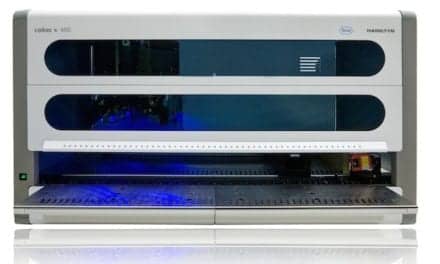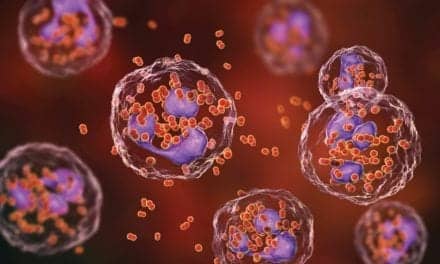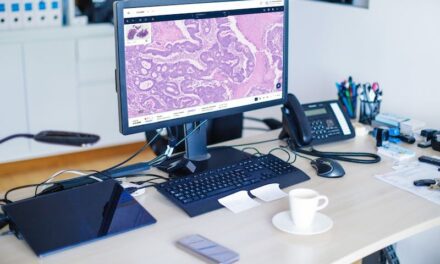Summary:
The College of American Pathologists (CAP) is improving global healthcare by partnering with hospitals and laboratories in developing countries to enhance diagnostic quality through accreditation, training, and support programs.
Takeaways:
- CAP’s Laboratory Accreditation Program helps labs in developing countries meet international quality standards, improving test accuracy and patient care.
- Vietnam’s Vinmec Times City International Hospital became a national leader in lab quality after earning both CAP and Joint Commission International accreditations.
- The CAP Foundation supports global diagnostics through grants, training, and educational tools, empowering local pathologists to maintain high-quality care.
Reliable diagnostic testing is essential to good medical care, but many laboratories worldwide still face barriers to delivering consistent, high-quality results. To close that gap the College of American Pathologists (CAP) is working with hospitals to improve lab performance, bringing critical support where it’s needed most.
Through its Laboratory Accreditation Program, the CAP partners with labs in developing countries to increase quality and safety. The program helps laboratories meet internationally recognized standards, ensuring that test results are accurate, consistent, and useful for making the right medical decisions.
“Laboratory accreditation is one of the most effective ways to improve care,” said Gail H. Vance, MD, FCAP, chair of the CAP Foundation Global Pathology Committee (GPC). “It gives labs a proven path to quality, and it helps more patients get the right diagnosis, no matter where they live.”
Making a Difference in Vietnam
As part of the Global Pathology article series, curated by the GPC, a new article in the July issue of the Archives of Pathology & Laboratory Medicine highlights one such effort: Vinmec Times City International Hospital in Hanoi, Vietnam. In 2022, Vinmec became the first hospital in the country to earn both CAP accreditation and Joint Commission International certification. Today, its anatomic pathology laboratory performs more than:
- 25,000 gynecologic cytology samples
- 10,000 small biopsy specimens
- 3,000 nongynecologic cytology samples
- 1,500 surgical specimens
- 500 immunohistochemistry samples
- 300 frozen sections
The CAP worked closely with Vinmec’s pathologists and lab team over several years, helping them make lasting improvements in areas like staff training, test validation, and day-to-day lab management. These changes not only strengthened care at one hospital, but they set a new standard for labs across the region.
CAP Is Supporting Broader Efforts
A separate article in Archives highlights the CAP Foundation’s role in supporting this broader effort. Through training, grants, and educational access, the CAP Foundation equips pathologists in under-resourced regions with tools to strengthen diagnostics and support better outcomes via their grant and awards programs and webinars. These programs complement CAP’s accreditation work by helping frontline pathologists implement and sustain quality improvements in their own communities.
From Southeast Asia to Sub-Saharan Africa and beyond, the CAP’s partnerships are helping laboratories deliver more accurate diagnoses and better care for patients everywhere.
As the CAP and the CAP Foundation continue to expand their global reach, their programs are closing diagnostic gaps and helping build healthier communities.
Featured Image: To close diagnostic gaps, CAP is working with hospitals to improve lab performance, bringing critical support where it’s needed most. Image: The College of American Pathologists





